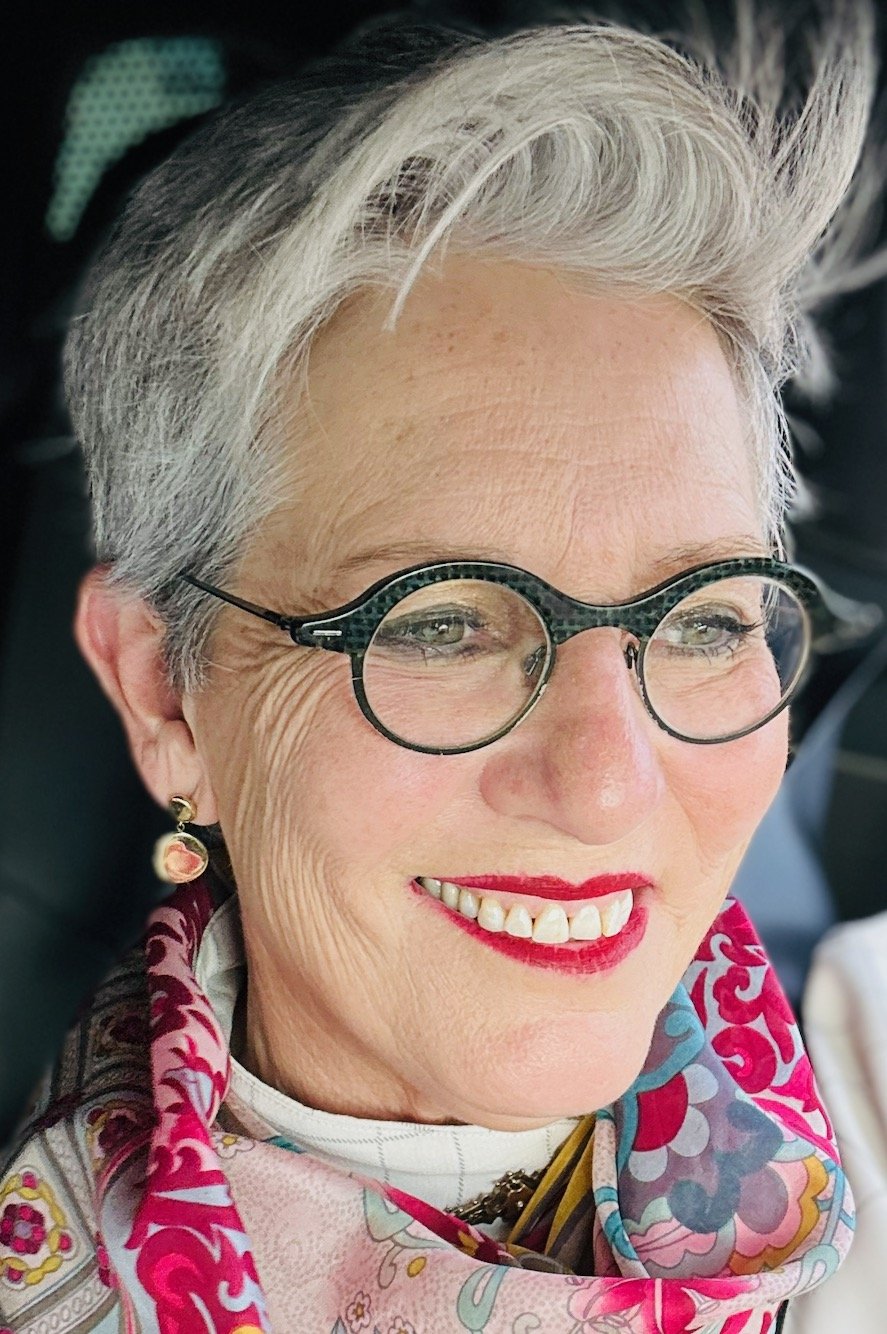Tam cummings, ph.d.
Tam Cummings, PhD, founded her company in 2009 with the mission to “Inspire, Educate,and Empower Dementia Caregivers.” Now her professional gerontology practice in the Texas Hill Country is recognized as one of the leading educators of dementia caregivers and program design for dementia care in Texas and nationally.
Accomplishments
Dr. Cummings has consistently been reviewed as the top-ranked speaker at more than 300 national, regional and state conferences.
Authored and published four books for dementia caregivers.
Appears as an expert guest in national podcasts for dementia caregivers.
Developed the Dementia Behavioral Assessment Tool (DBAT) for staging dementias from 25 years of research in skilled nursing facilities and memory care communities.
Developed a classification and staging tool for the behavioral, communication, and movement variations of the Frontotemporal Dementias, the only tool of its kind.
Recognized as the subject matter expert (SME) and program designer in a 2018-2019 CMP Project awarded to the Texas Health and Human Services. Cummings developed training for frontline staff to include clinical features of each major form of dementia, specific behaviors presented by different dementias, and correct approaches to activities of daily living (ADL) care for individual residents.
Selected as the subject mater expert to design and develop the training content for a 2016-2018 CMP with the Texas Health Care Association. This pilot program reduced the use of antipsychotic medications in skilled nursing by training professional and family caregivers to recognize the most common forms of dementia and the behaviors associated with each disease. Additional components included designing and teaching activity directors to implement appropriate activities for persons with dementia, teaching family caregivers about dementias, and offering Medical Education Credits for physicians.
Dr. Cummings attended Baylor, Texas A&M, and Concordia Universities. She has been awarded degrees in journalism, social work, and gerontology. Her post-graduate studies are in educational psychology and rural public health. Dr. Cummings is a member of the National Association of Professional Gerontologists.
My Approach
In the United States, we fail persons with dementia because we do not widely recognize dementia as a medical disease of the brain. The brain runs the body as well as our thoughts, emotions and intellect. Many of the affects of dementia, which occur as the brain is slowly destroyed, are not obvious until the disease has progressed into Stage 3 or 4 of the seven stages of the disease. Changes often occur subtly over time, leaving family members puzzled and angry over what appears to be a loved one’s growing stubbornness, belligerency, or withdrawal from life.
Once changes become too difficult to ignore, families seek a doctor’s opinion. Sadly, many physicians know little about the nine most common forms of dementia to make a definitive diagnosis. Yet it’s important to know which type of dementia a loved one has, because that determines not only how the disease will progress, but also the types of behaviors a caregiver may encounter.
Think of it this way. If your loved one was diagnosed with cancer, wouldn’t you ask “What type?” Wouldn’t you ask about treatment options? Expected outcomes? I’m sure you would, and the same should hold true for a dementia diagnosis.
The essence of my approach is to help people understand the underlying causes of dementia and how those causes will affect the progression of the disease. I also help caregivers recognize and address the elephants in the room — Guilt and Stress. Many caregivers experience high levels of guilt over “not having done enough,” or “not being patient enough,” or some other “enough.” It is critical for family and professional caregivers to learn how to cope with feelings of guilt as well as the stress of caregiving. My approach involves providing you the tools you need to fully understand dementia and to emerge from the caregiving journey feeling you did your best in confronting “the long goodbye.”

